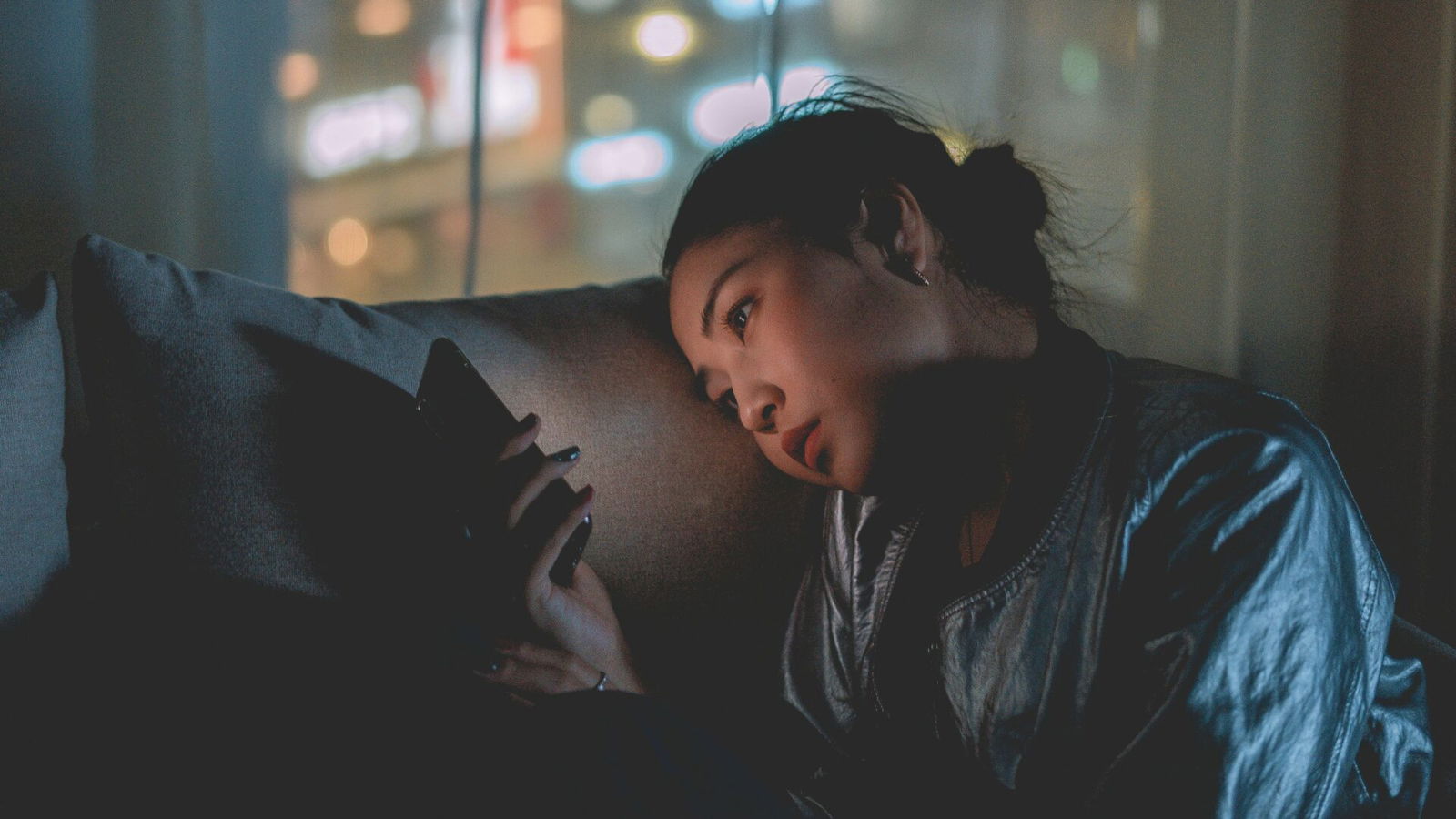
Are Smartphones Contributing to Aggression in Teens? What You Need to Know.
By Movieguide® Contributor
Could smartphones be contributing to aggression rates in teens? A new study says yes.
A report from Sapien Labs stated, “Among the 47 aspects of mind health queried, feelings of aggression, anger and hallucinations are rising most sharply with each younger age and are associated with the progressively younger age at which children are acquiring smartphones.”
The study also noted that the younger an individual begins using a smartphone, the more likely they are to experience these symptoms of aggression and hallucinations.
“It is not surprising that the study found these different problems with smartphone use,” Koren Hudson, a licensed professional counselor and clinical director at Horizon Recovery, told SheKnows. “We have seen many teens with these issues. They have shared how they compare themselves to the images on social media, which has impacted their self-esteem, self-worth, and self-confidence.”
READ MORE: SMARTPHONES AND THE GEN Z MENTAL HEALTH CRISIS: ‘THE GREAT REWIRING OF CHILDHOOD’
Emma Duerden, the Canada Research Chair in neuroscience and learning disorders at Western University, called it “a public health issue,” explaining that screen time can influence your brain’s serotonin levels.
“It could be that there’s an actual depletion in serotonin,” she told CBC. “There’s this imbalance and that’s how it could be mediating aggression in children.”
For parents who are looking to avoid these side effects, experts recommend setting screen time limits and modeling healthy technology use for your kids.
Therapist Amy Braun also shared red flags parents should be on the lookout for — “mood swings, changes in sleep, frequent outbursts, or not enjoying the things that they used to.”
“Other red flags include withdrawing from others, isolating themselves, using aggressive language, and taking on a ‘victim’ mentality, where they consistently blame others for their struggles,” she continued.
The experts also advised seeking out help from a professional if the situation is serious, recommending cognitive behavioral therapists.
Cognitive behavioral therapy is an “evidence-based treatment for aggression in teens [that] teaches them to identify and change negative thoughts that lead to anger,” Braun said.
“Social face-to-face interactions are essential to our development of self-regulation,” Hudson added. “We also heal from the different hard life experiences we go through through social connections. We aren’t meant to go through life on our own.”
READ MORE: PSYCHOLOGIST URGES PARENTS TO ‘ACT TOGETHER’ TO KEEP KIDS OFF SMARTPHONES



 - Content:
- Content: 

